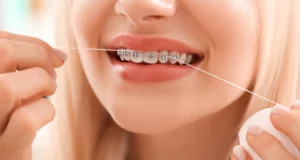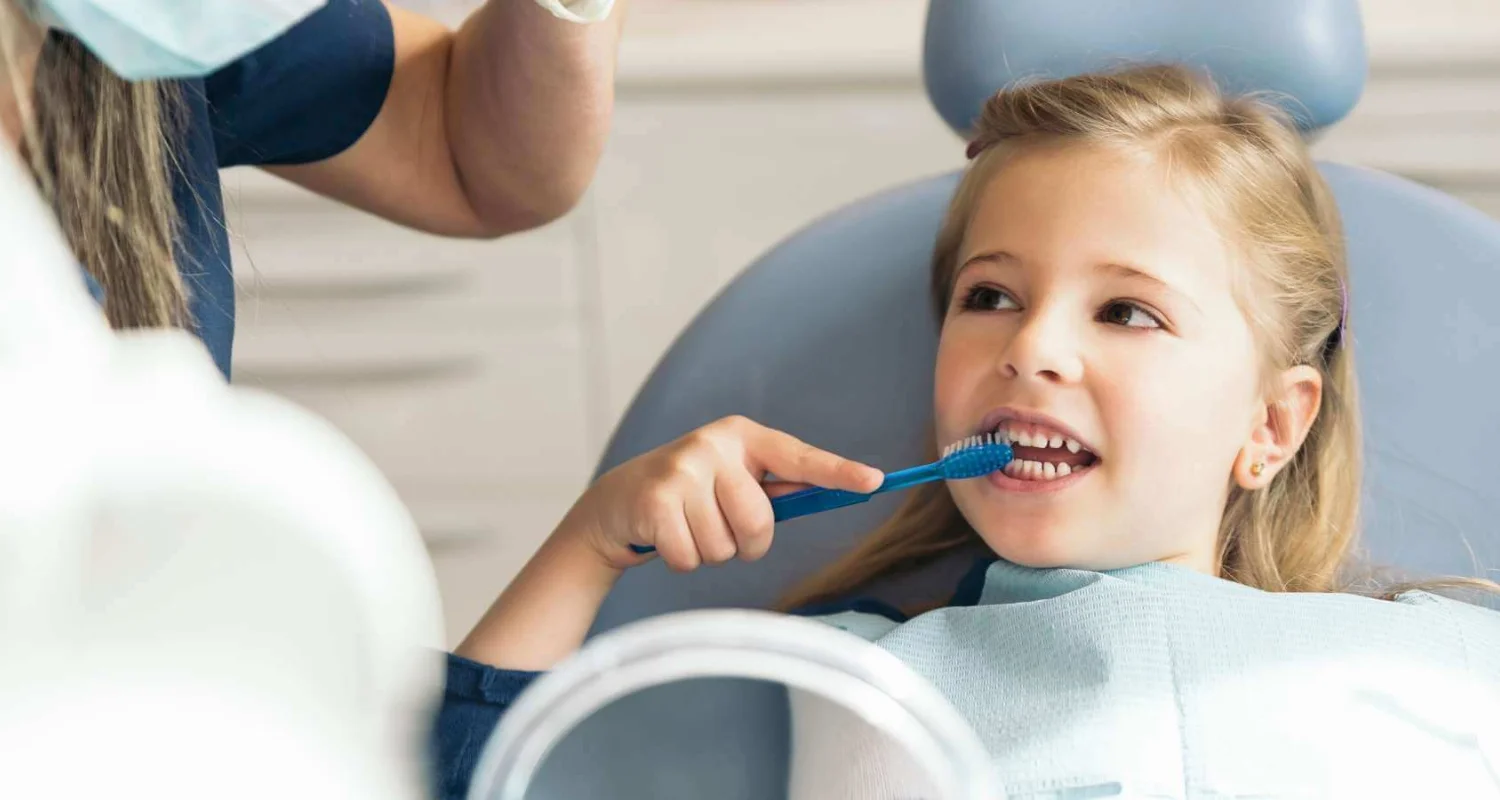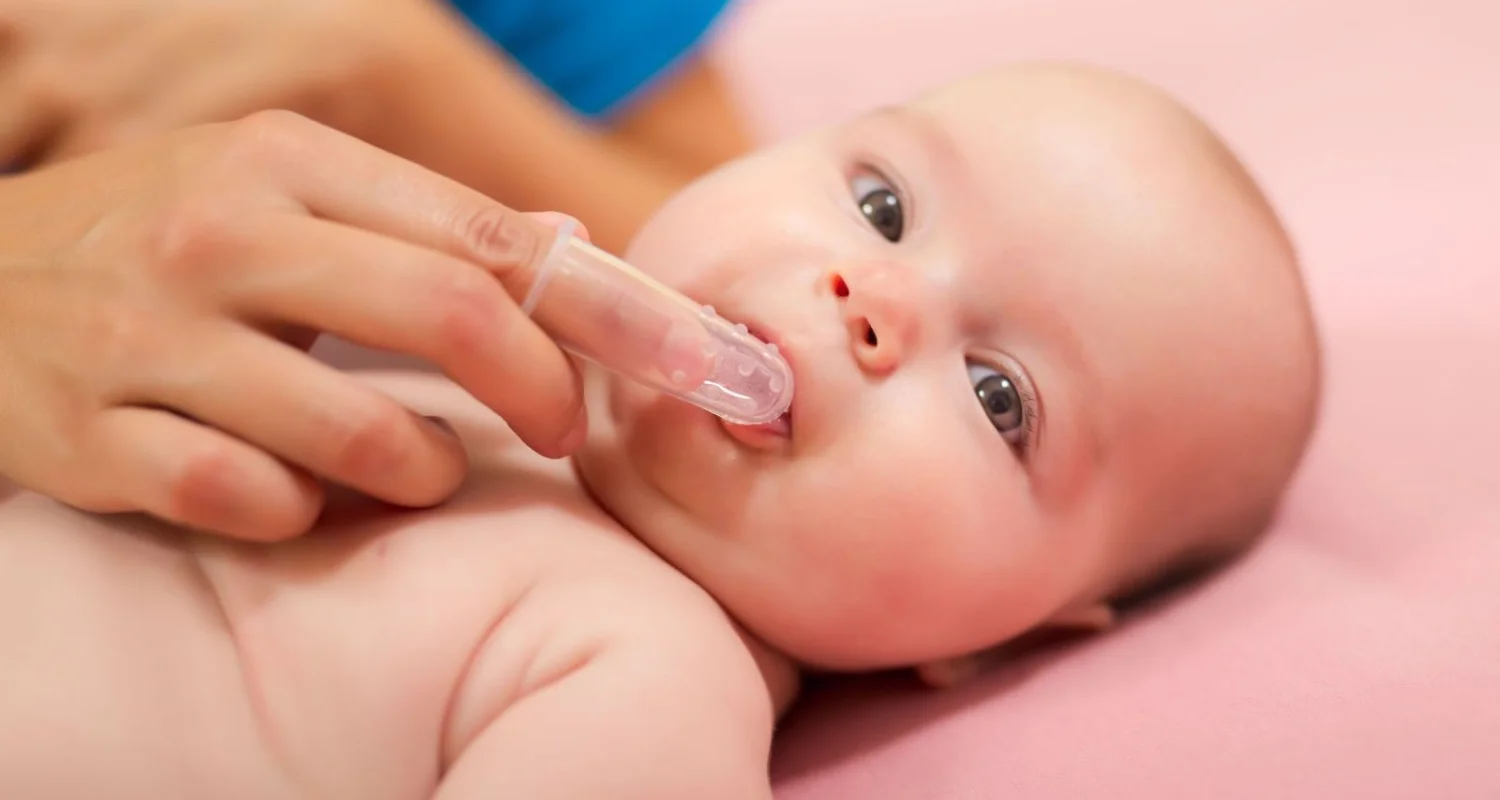Last Updated on: 1st July 2024, 12:24 pm
✓ Fact Checked 🕓
❙ Our team of writers, editors, and medical experts rigorously evaluates each article to ensure the information is accurate and exclusively cites reputable sources.
❙ We regularly assess how the content in this article aligns with current scientific literature and expert recommendations in order to provide the most up-to-date research.
Foods that Prevent Cavities: Complete Guide
In the year 2022, the OMS estimated that nearly 2,000 million people suffered from cavities in permanent teeth, and 514 million children suffered from cavities in their baby teeth. The good news is that this disease can be prevented by modifying hygiene habits and making small lifestyle changes, such as diet. In this article, we will tell you how a better diet can make a big difference in the health of our teeth.
What are Dental Cavities?
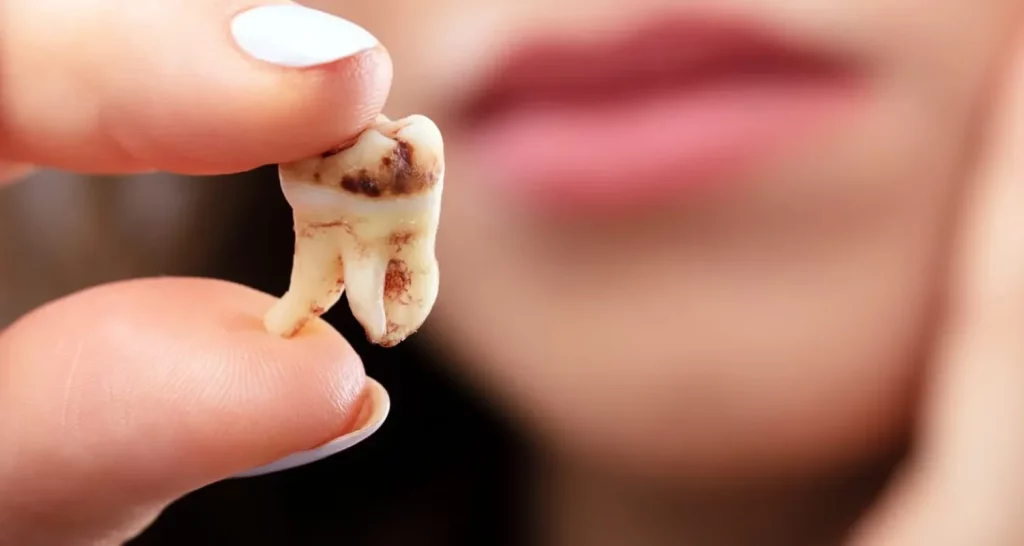
We have all heard about dental cavities, that fearsome problem that can damage our teeth quickly and unexpectedly; it also causes one of the most unbearable kinds of pain: dental pain. What are cavities? The term refers to the formation of holes in the tooth structure, generated by the degradation of enamel and dentin – the hard layers of the teeth. This condition results from the production of acids by bacteria that feed on the sugars present in our diet. To a large extent, the presence or absence of dental cavities will depend on our diet.
What Complications Can Arise from Untreated Cavities?
In addition to obvious damage to the structure, color, and shape of teeth, untreated cavities can cause:
● Intense dental pain
● Infections and abscesses
● Tooth loss
How Foods Can Prevent Cavities
Many foods help prevent cavities; they do this in different ways:
1. Stimulating salivation.
2. Promoting mechanical cleaning of dental surfaces.
3. Strengthening the dental structure.
7 Drinks & Foods That Prevent Cavities and tooth decay
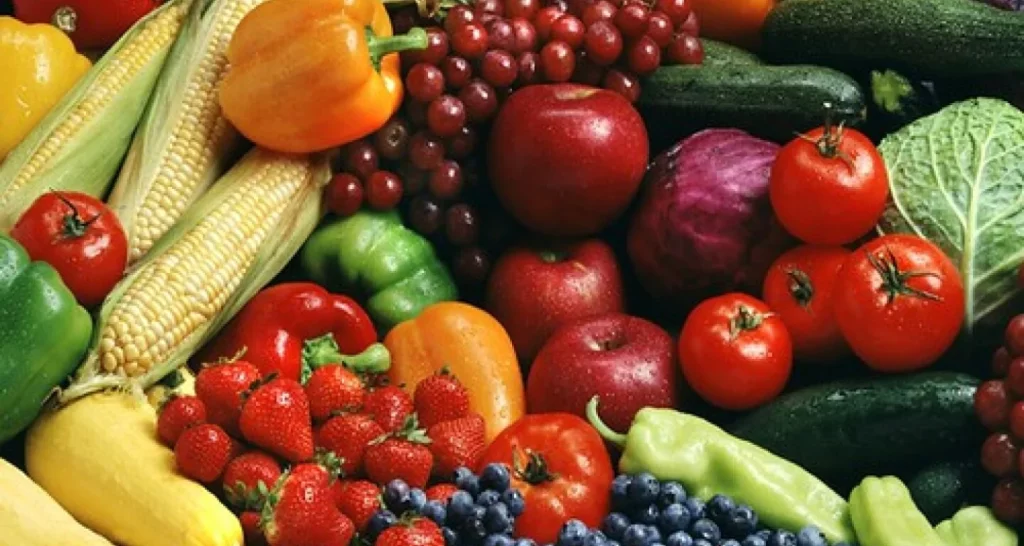
Fortunately, in addition to maintaining good oral hygiene, certain foods can contribute to the prevention of cavities. Below, we offer a list of foods that are beneficial for dental health and can be part of a balanced diet:
1. Cheese:
Cheese is an excellent food for dental health due to its high calcium and phosphate content, which help remineralize tooth enamel. Additionally, it stimulates saliva production, which neutralizes acids in the mouth and reduces plaque formation.
2. Milk:
Like cheese, milk is rich in calcium and other minerals that strengthen teeth and help prevent tooth decay. Additionally, milk is a source of casein, a protein that forms a protective film on teeth, helping to protect them against acids and bacteria.
3. Raw fruits and vegetables:
Raw fruits and vegetables, such as apples, carrots, celery, and cucumbers, are excellent for dental health. They are rich in fiber and water, which stimulates saliva production and helps clean the teeth naturally. Additionally, some fruits, such as strawberries, contain malic acid and whiten teeth naturally.
4. Green tea:
Green tea contains compounds called catechins, which possess antibacterial and anti-inflammatory properties. Drinking green tea regularly can help reduce the amount of harmful bacteria in your mouth and prevent the formation of plaque and tooth decay.
5. Natural yogurt:
Plain yogurt is another excellent source of calcium and probiotics; it is known to promote gum health and reduce plaque buildup. Opt for varieties with no added sugar for maximum dental health benefits.
6. Nuts:
Nuts, such as almonds, walnuts, and peanuts, are rich in calcium and protein that strengthen teeth. Additionally, chewing nuts stimulates saliva production, which helps clean teeth and neutralize acids in the mouth.
7. Sugar-free gum:
Chewing sugarless gum after meals can help stimulate saliva production and remove food debris from your teeth. Additionally, some sugar-free gum contains xylitol, a natural sweetener that helps prevent tooth decay.
Foods to Avoid for Better Dental Health
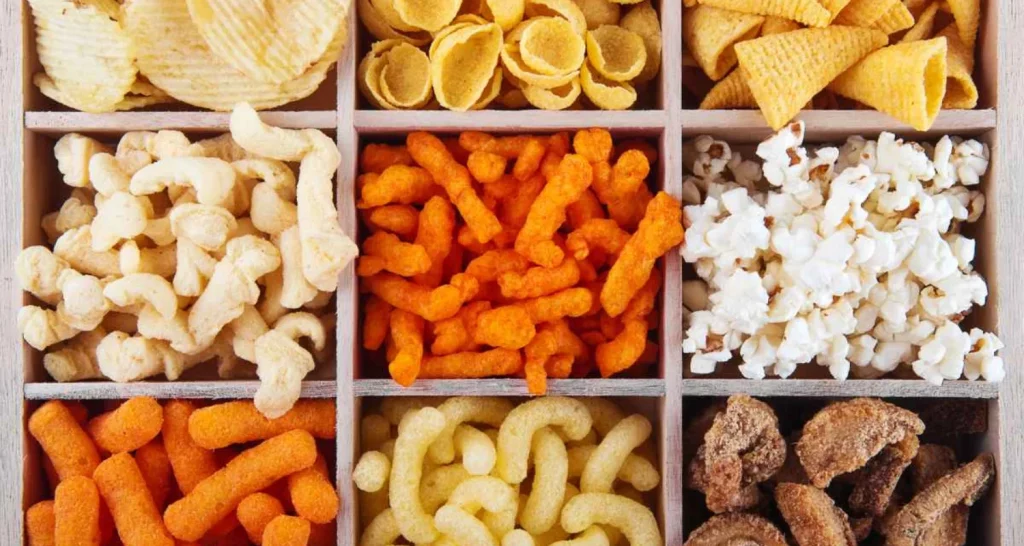
In addition to incorporating foods that are beneficial for dental health, it is equally important to identify those that can be harmful to the teeth and gums. Some foods and drinks contribute to the erosion of tooth enamel, increase the risk of cavities, and harm overall oral health. Here is a list of foods that should be avoided or consumed in moderation to maintain a healthy smile:
1. Sugars and sweets:
Foods and drinks high in added sugars, such as candies, sweets, cookies, and soft drinks, are the main culprits in the formation of tooth decay. Bacteria in the mouth feed on sugars, producing acids that erode tooth enamel and cause tooth decay.
2. Acidic foods:
Highly acidic foods and drinks, such as citrus fruits (lemons, oranges, grapefruits), tomatoes, and vinegar, can erode tooth enamel over time. Eating these foods in moderation and rinsing your mouth with water after eating them will help reduce the risk of tooth damage.
3. Sticky snacks:
Sticky snacks, such as jelly beans, sugar gum, raisins, and granola bars, can easily stick to teeth and become trapped between them, providing an ideal environment for bacteria to grow. These foods increase the risk of cavities and erode tooth enamel if not properly removed by brushing and flossing.
4. Sugary and carbonated drinks:
Sugary drinks, such as soda, processed fruit juices, and energy drinks, are highly acidic and contain high levels of added sugars, making them a threat to dental health. Additionally, carbonated drinks can contribute to the erosion of tooth enamel due to their high acidity.
5. Alcohol:
Excessive alcohol consumption can have negative effects on oral health. Alcohol can cause dehydration, which reduces saliva production and increases the risk of cavities and gum disease. Additionally, alcohol can irritate oral tissues and increase the risk of oral cancer.
Conclusion
● Preventing tooth decay is essential, considering that it affects millions of people around the world; however, small changes in diet can make a big difference in dental health.
● Untreated cavities can have serious consequences, from severe pain to infection and tooth loss, underscoring the importance of taking preventative measures and maintaining good oral hygiene.
● By including foods like cheese, milk, raw fruits and vegetables, green tea, plain yogurt, nuts, and sugar-free gum in our diets, we can strengthen our teeth, stimulate saliva production, and reduce the risk of cavities.
Frequently Asked Questions
What are the best foods to prevent tooth decay?
Foods rich in calcium and phosphates, such as dairy products (milk, cheese, yogurt), strengthen tooth enamel and help prevent cavities. Crunchy fruits and vegetables, such as apples, carrots, and celery, act as natural cleansers, reducing plaque buildup. Foods rich in fiber stimulate the production of saliva, a natural defender against cavities.
How can foods influence dental health and prevent cavities?
Diet plays a crucial role in dental health. Foods that promote saliva help neutralize cavity-causing acid and clean food particles from teeth. Foods rich in minerals, such as calcium and phosphorus, help remineralize teeth. Avoiding excessive consumption of sugars and refined carbohydrates reduces the food source for acid-producing bacteria in the mouth.
Can specific foods damage teeth and promote cavities?
Yes, sugary foods and drinks, such as soda, candy, cakes, and cookies, can significantly increase the risk of cavities. Sugar acts as food for bacteria in the mouth, which convert it into acid, attacking tooth enamel. Acidic drinks, such as fruit juices and soft drinks, can also erode tooth enamel. Limiting these foods and drinks will help keep teeth healthy.
Are there general dietary recommendations to maintain good dental health and prevent cavities?
To maintain good dental health and prevent cavities, it is advisable to follow a balanced diet rich in essential nutrients. Eat a variety of foods from all food groups, including plenty of fruits and vegetables, dairy products (or fortified alternatives), lean proteins, and whole grains. Additionally, it is important to limit the consumption of sugary or acidic foods and drinks and practice good daily dental hygiene.
Share:
References
1. Mayo Clinic. (Nov 30, 2023). Cavities and tooth decay. https://www.mayoclinic.org/diseases-conditions/cavities/symptoms-causes/syc-20352892
2. WebMD. (Oct 31, 2021). Foods and drinks best for your teeth. https://www.webmd.com/oral-health/diet-oral-health
3. Healthdirect Australia. (2023). Tooth decay. https://www.healthdirect.gov.au/tooth-decay
4. Kubala, J., MS, & RD. (Jul 20, 2021). 7 foods that may damage your teeth. Healthline. https://www.healthline.com/nutrition/foods-that-damage-teeth
5. Our Pediatric Dentists. (s/f). The best and worst foods for your teeth. https://www.urmc.rochester.edu/encyclopedia/content.aspx?contenttypeid=1&contentid=4062
6. NHS. (Mar 22, 2022). Tooth decay. https://www.nhs.uk/conditions/tooth-decay/










